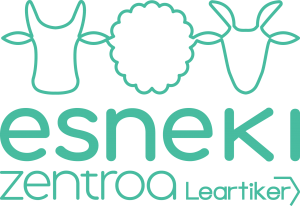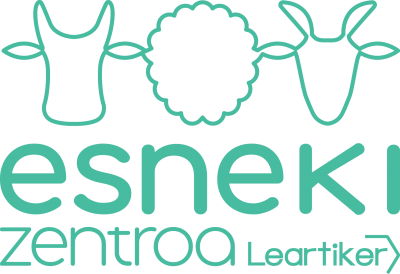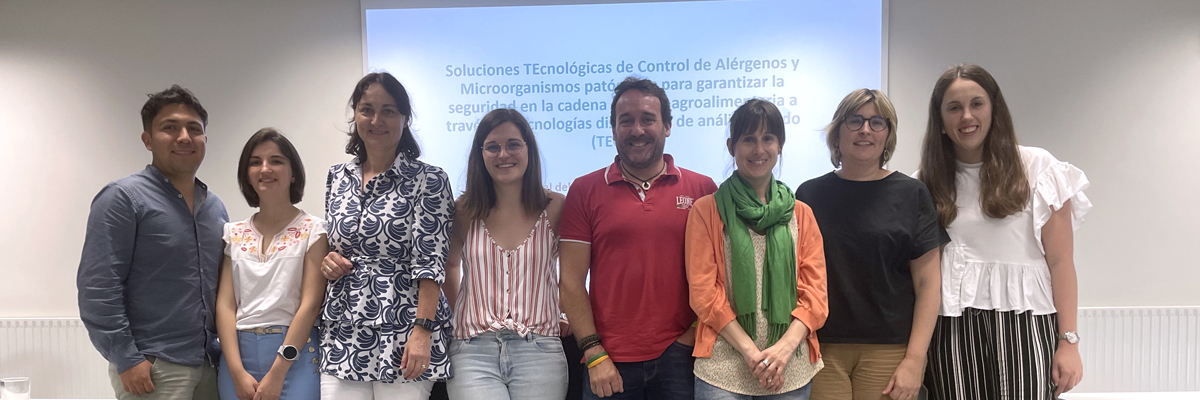
TECAM project concludes that combination of multidisciplinary skills is the best way to guarantee Food Safety
TECAM is a research project to investigate and develop new technological solutions for monitoring and controlling food allergens and pathogenic microorganisms to ensure safety throughout the food value chain. The project has been led by Leartiker and carried out in collaboration with the research groups UD-eVIDA-BigData and UD-eVIDA-Electrónica para la salud from University of Deusto and Biodevices and MEMs from CEIT.
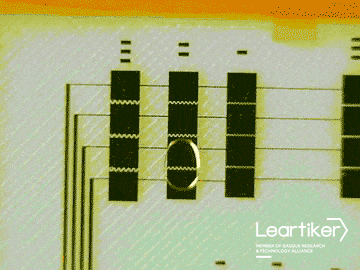
The project finishes in June 2023, and it has already achieved the proposed goal. It has been developed a digital microfluidic PCR-on chip device with the same sensitivity as a commercial PCR kit to detect soybean allergen in different food matrices. In fact, as far as we know, it is the first device validated with natural foods. On the other hand, the scope of gluten detection in flour has been investigated and optimized through a device with NIRS technology associated with an artificial intelligence system and an online device control interface. These two devices, the first designed, characterized and optimized by CEIT, and the second by the University of Deusto, are thought to be portable and to be able to detect those food compounds that may entail health risks to a section of the population in any place by any person thar is previously trained in the techniques or not.
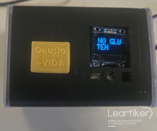
Device with NIRS technology
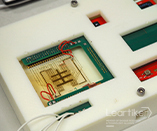
Digital microfluidic PCR-on chip device
Leartiker has advised on food science and technology (food composition, allergens, regulations, classic detection techniques, food alerts, etc.), as well as preparing, analysing, and sending specific food samples to project partners at different times for the training, verification and validation of devices in these technological phases.
Although the technological results of the project are briefly described, these devices have been created thanks to the combination of different scientific disciplines, such as biotechnology, electronics, electricity, mechanics, microfluidic, chemistry, physics, sensor technology, computer science, statistics and the numerous tests until the expected results were found.
Leartiker, in turn, has led research on Staphylococcus aureus, its ability to produce classical enterotoxin in dairy products (A, B, C, D, and E), and its ability to be detected through one of the devices created in the project. The results indicate that adapting a PCR-on chip device to detect this microorganism and its enterotoxins would be possible and beneficial to the entire milk sector, because although S. aureus may be a relatively common microorganism at low concentrations on raw milk, its reproduction in dairy products depends on many other environmental factors. On the other hand, not all the strains of S. aureus are carriers of genes capable of producing classical enterotoxin, and besides, being carriers does not necessarily mean that they express the gene and produce enterotoxin that may be dangerous to public health. Thus, despite of the verification of the absence of enterotoxin gene in 90 raw milks from small ruminants of Basque region, and the modelling of the growth of S. aureus with gene C, more research is needed on this microorganism to understand its real risk in the milk sector, where technological development such as PCR-on chip will be extremely useful.
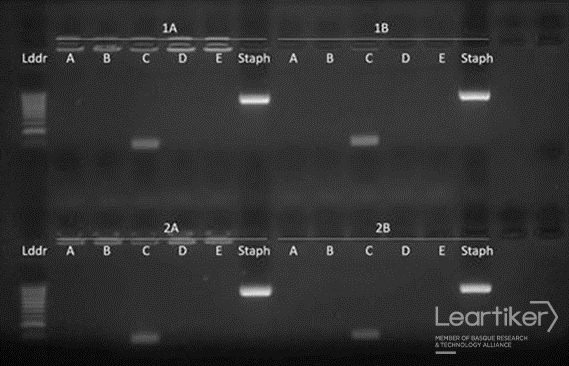
Milk PCR “mastitis”
The partners have made a great effort to fill the project’s objectives within little more than two years, but the results have been very satisfactory. Although the project has been briefing, the results have been so promising that 4 articles have been published in scientific impact journals, almost 2 PhD dissertations (one is about to be completed) and numerous outreach publications of the project have been made. Results diffusion has made possible to present the project to the Research Seal with Social Impact of the University of Deusto.
The developed PCR-on chip and the NIRS devices can be adapted to other interesting analytes for food industry but also to other sector as health or other potential industries of our region. Thus, multidisciplinary cooperation between various entities has once again demonstrated to be the way to scientific and technological progress of our society.
This project has been funded by the Department of Economic Development, Sustainability and the Environment of the Basque Government in the 2021 call for the ELKARTEK programme (file no. KK-2021/00035).

